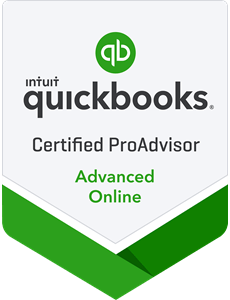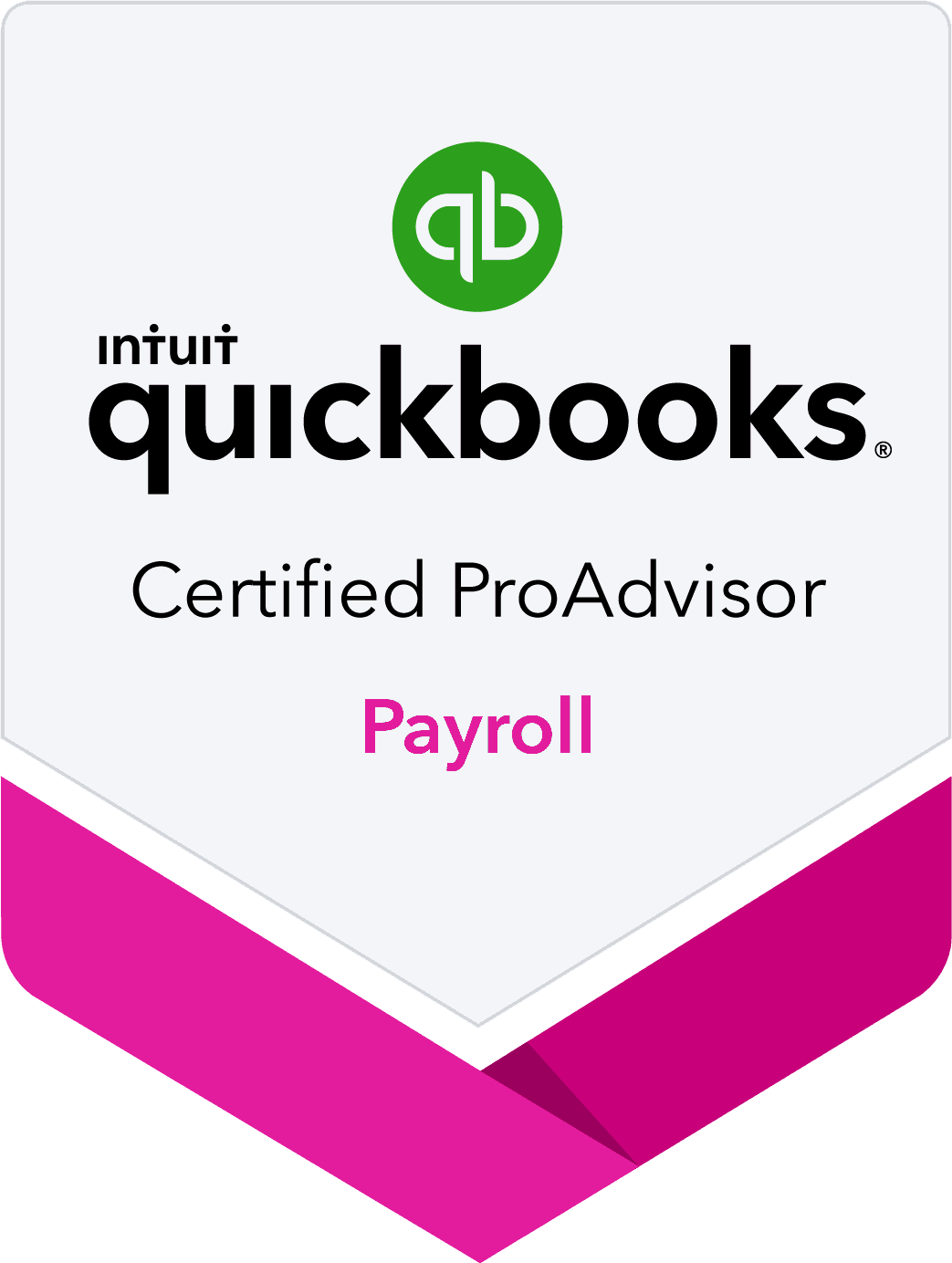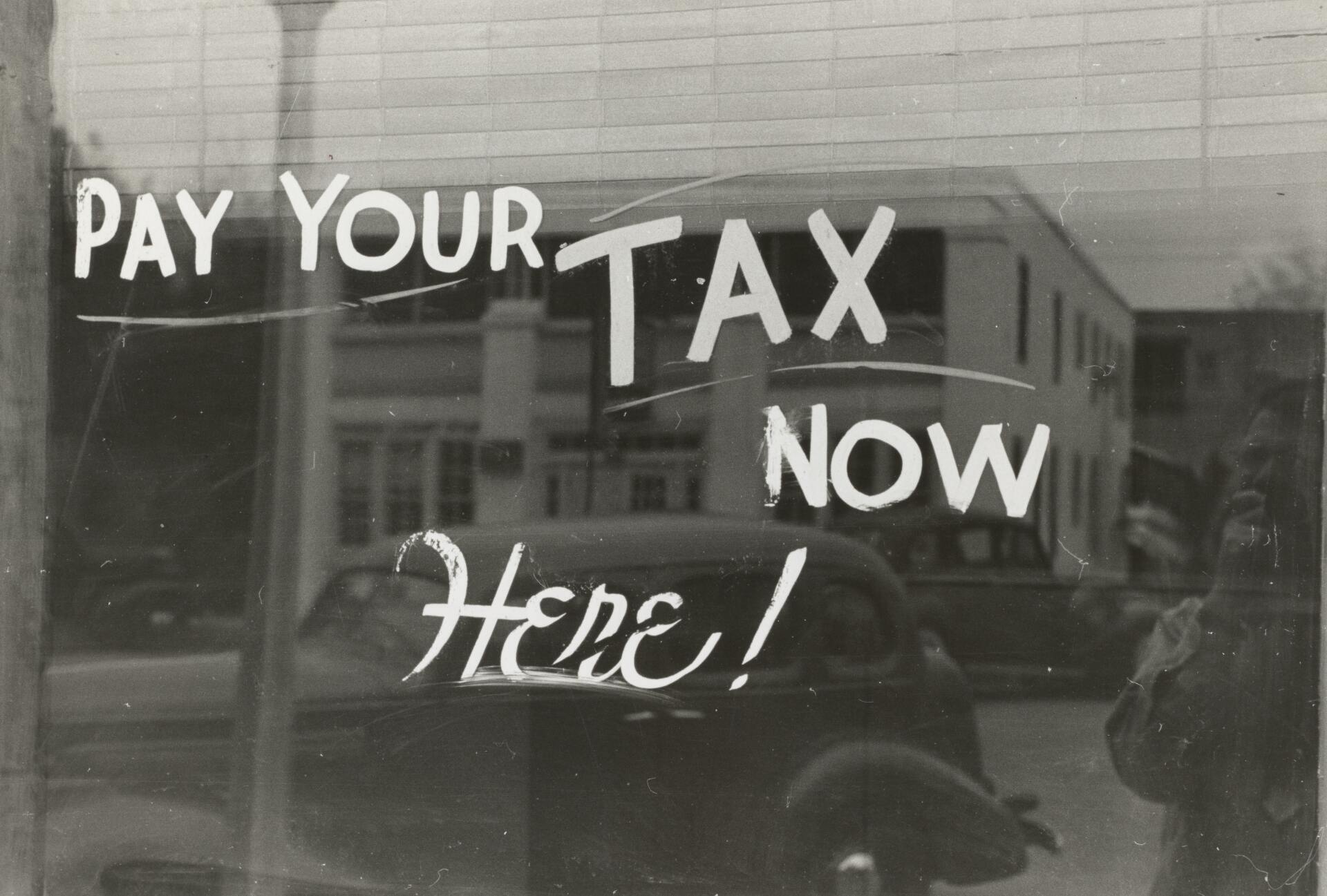2020 Unemployment Benefits
If you received unemployment benefits due to the pandemic last year, you can claim that money as income on your tax return. Workers who received jobless benefits in 2020 can't be taxed on that money as they typically would be due to new rules under the American Rescue Plan. Since the new law came into effect after millions had already filed their income tax returns, those taxpayers are now eligible for an IRS tax refund for up to $10,200 for single filers.
Those refunds started going out earlier this month and will continue through the summer as the IRS processes tax returns and reviews taxes paid on unemployment insurance. The agency said refund amounts will vary and not every adjustment will result in a refund.
You may have also heard about states opting out of $300 bonus unemployment payments and other jobless benefits programs. If you're wondering about other money, you might be entitled to receive, here are some details about the enhanced child tax credit, how much you could get and information about the upcoming IRS child tax credit portals.
What is the unemployment tax refund?
9 things to know right now
The IRS started disbursing unemployment refunds to taxpayers who treated their benefit payments as income and were taxed on it when they filed their return this year.
Here's what you can expect.
- The tax break is for those who earned less than $150,000 in adjusted gross income.
- Refunds started going out the week of May 10 and will run through the summer, as the IRS evaluates tax returns. More complicated returns could take longer to process.
- If the IRS determines you are owed a refund on the unemployment tax break, it will automatically send a check.
- You do not need to file an amended return to claim the exemption. (Here's how to track your tax return status and refund online.)
- Refunds will go out as a direct deposit if you provided bank account information on your 2020 tax return. Otherwise, the refund will be mailed as a paper check to the address the IRS has on hand.
- The IRS is doing the recalculations in two phases, starting with those who are eligible for the up to $10,200 tax break. It will then adjust returns for those married-filing-jointly taxpayers who are eligible for the up to $20,400 tax break.
- The IRS will send you a notice explaining the corrections within 30 days of when a correction is made.
- You won't be able to track the progress of your refund through the IRS Get My Payment tracker, the Where's My Refund tool, the Amended Return Status tool or another IRS portal.
- The IRS can seize the refund to cover a past-due debt, such as unpaid federal or state taxes and child support.
How can we help you?
Call us! Ana Echeverri & Associates, at (407) 601-3157
We will be happy to assist you.
Our office hours are Monday thru Friday, from 9 A.M. to 5 P.M
https://www.anaecheverriassociates.com
#accounting #orlandoFL #accountingFlorida #TaxesFlorida #tax
#accountingservices #taxrefund
Ana Echeverri


Certified QuickBooks ProAdvisor
Ana can help you set up and manage your QuickBooks online and on desktop. Having a streamlined chart of accounts and strategy for accounting will help you understand your company's ins and outs.



